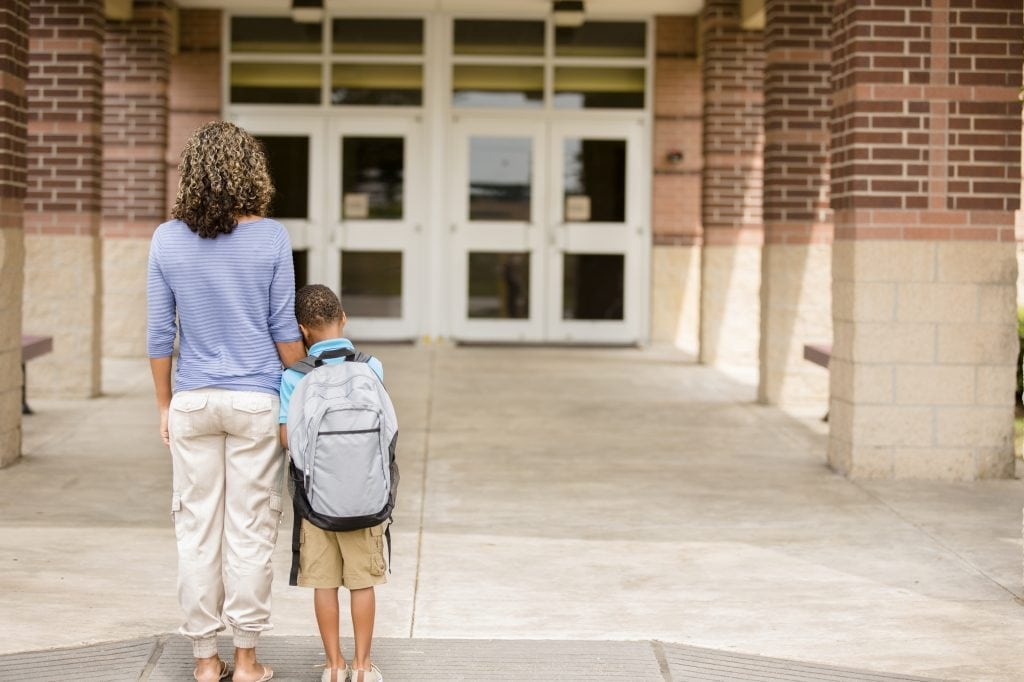 Father’s Day is usually an occasion for children to celebrate with their parents. Children might make cards, write stories or invite their parents to school for special programs marking the importance of their parents in their young lives.
Father’s Day is usually an occasion for children to celebrate with their parents. Children might make cards, write stories or invite their parents to school for special programs marking the importance of their parents in their young lives.
For a child whose father is absent, however, these celebrations can be confusing and even painful. A parent might have died or live in another state or town. A father could be deployed in the military. Children in the care of a relative or friend might not know or have been told the whereabouts of their fathers.
For children who do not have a father engaged in their lives, holidays can be troubling and even upsetting, especially in school environments where special celebrations often take place. The National Center for School Crisis and Bereavement at USC offers the following tips:
- Expect that holiday and school-related activities might trigger feelings of confusion or grief in some children. It’s not difficult to imagine such reactions for children who have experienced the death of a parent. However, such activities might also be troubling for children who have lost other important people in their lives—uncles or aunts, grandparents or neighbors.
- Frame celebratory activities in broad, flexible ways. Acknowledge the possibility that a parent might be absent. For celebratory activities planned at home or at school, you might say, “For this Father’s Day, you can focus for this activity on another important male in your life—someone who cares for you and has provided support.” This could be an uncle, grandfather or family friend. Or if a parent is not living, it’s OK to give children the option to focus celebratory activities on their deceased dad if that’s what they prefer.
- Discuss the upcoming celebratory activity or holiday ahead of time if possible. If you know a child has gone through a loss in the family, speak privately before the celebratory activity or holiday. Describe what might be planned for that day, or what might be planned at school. Then ask the child if he or she feels comfortable with the plan or would like to do something else.
- Be sensitive to a child’s responses during a celebratory activity or holiday. Watch for signs of discomfort or distress. Check in to see if the child would like to adapt the activity in some way (e.g., instead of making a card for their father, make one for a helpful neighbor or their best friend). Offer options suitable for the range of life experiences that children may have.
David Schonfeld is director of the National Center for School Crisis and Bereavement. The center’s website offers a wide selection of free resources providing information about children/students and grief. Its experts are available for interviews on the subject as well.























